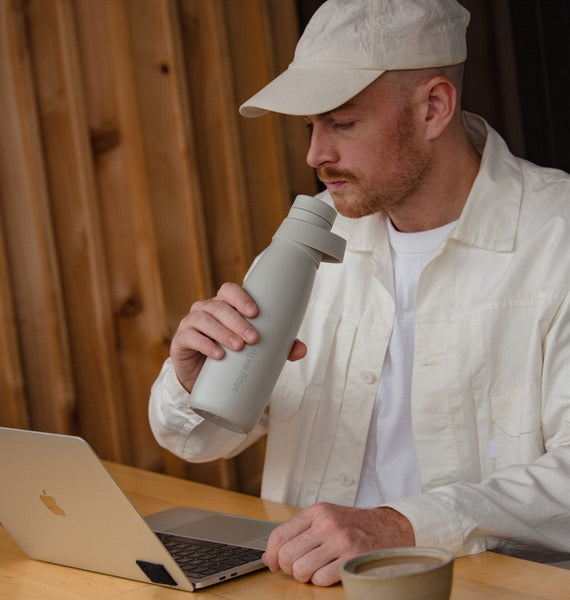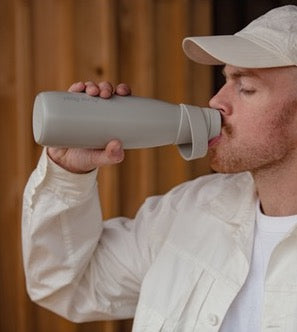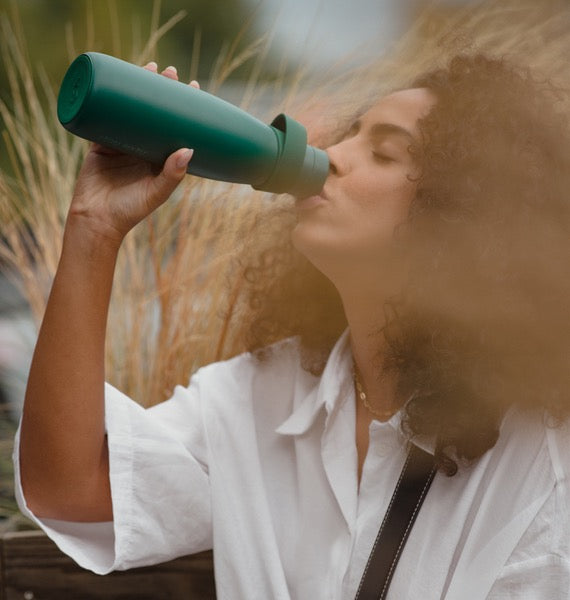



A Real World Crisis.
50 million barrels of oil are used to pump, process & refrigerate single-use bottled water a year. A million plastic bottles are bought around the world every minute. In the UK alone, we use 38.5m plastic bottles every day – only just over half make it to recycling. Whilst more than 16m are put into landfill, burnt or leak into the environment & oceans. The amount of plastic produced in a year is roughly the same as the entire weight of humanity.


A Beautifully Sustainable Alternative.
Through our partnerships with Climate Partner & Plastic Bank, Stay Sixty® donates to key climate initiatives and projects to help sustain the ecology of our planet. The purchase of each Stay Sixty® reusable water bottle helps support the activities of collecting/preventing plastics from entering our oceans through Plastic Bank, helping offer a root-cause solution to ocean plastic. Through Climate Partner, we help support wind farms on the Phillipine island of Luzon. By purchasing our Climate Neutral stainless steel water bottles, you contribute to global climate protection and support recognised carbon offset projects. You also help to achieve the UN’s Sustainable Development Goals, such as combating poverty and improving living conditions in emerging and developing nations.






Thoughtfully Designed & Beautifully Crafted.
Every product made impacts our environment. It’s our responsibility to minimise this impact, by creating durable and versatile products that can stand the test of time. Our mission is to create a timeless product, one you will keep for years. To make a real impact, we need to change the way people think about products & fashion as disposable. We believe in long-lasting value, cultivating long-term relationships with our Customers - hoping that this will help in the recalibration of disposable consumption. Creating sustainable design through a beautiful, intuitive and considered approach to reusables.
"Between 5m & 13m tonnes of plastic leak into the world’s oceans each year to be ingested by sea birds, fish and other organisms.”